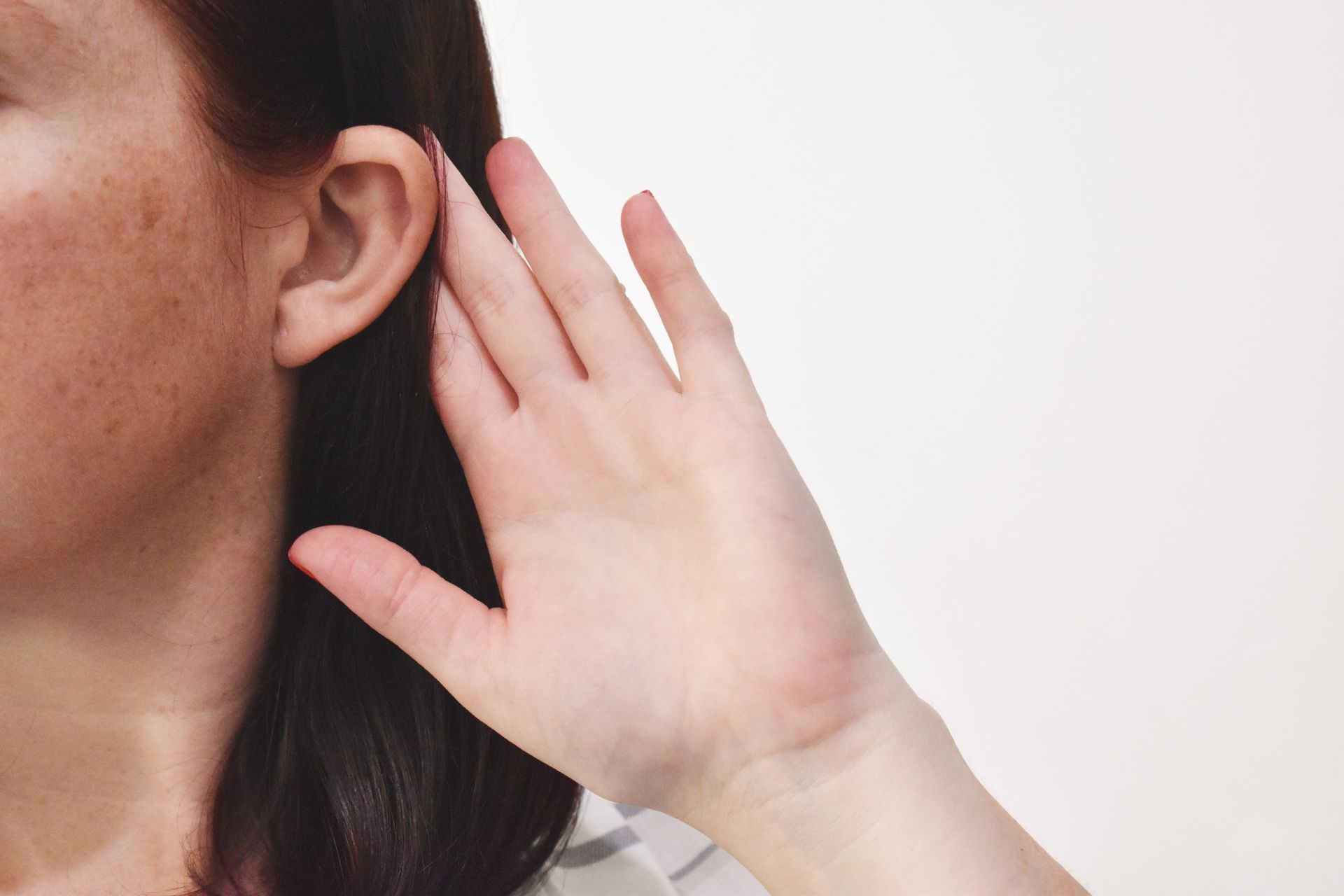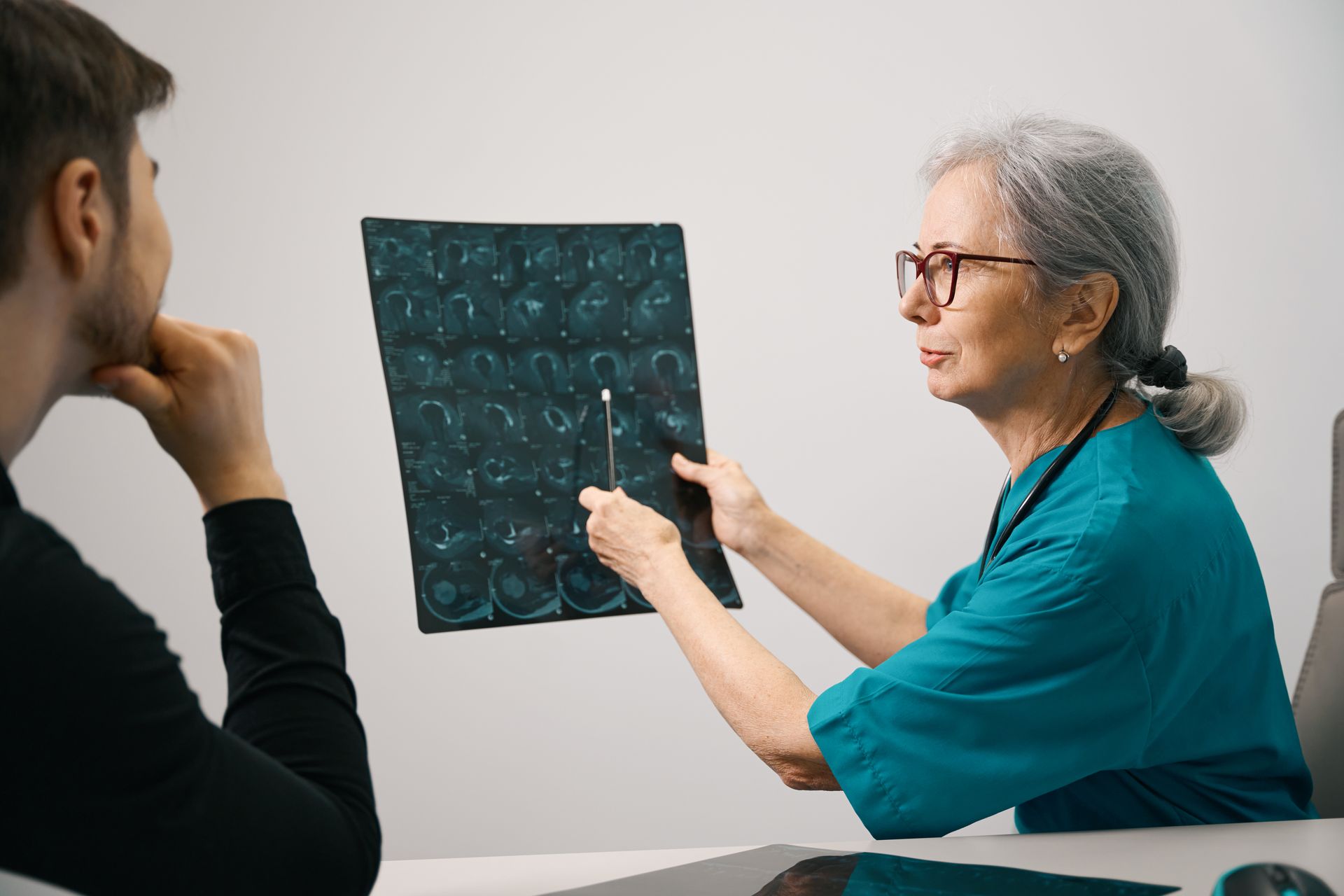Hearing Loss
Millions of people in the US live with hearing loss, perhaps more than you’d think. Over 15 percent of the country report some kind of hearing problem. That comes out to about 37 million Americans that suffer from some form of hearing loss!
According to the American Academy of Audiology, hearing impairment is the third most commonly reported chronic problem affecting the aged population, but hearing loss can occur at any time in life. Sixty five percent of people with hearing loss are below the retirement age and 1.1 billion young people (ages 12-35 years) are at risk of hearing loss due to exposure to noise in recreational settings.
Types of Hearing Loss
Conductive Hearing Loss
Conductive hearing loss can be caused by blockage of the external canal, perforation of the eardrum, infections, and diseases of the middle ear, and disruption or fixation of the small hearing bones.
Sensorineural Hearing Loss
This is more common than conductive hearing loss and has many possible causes. Usually the condition results in slow, gradual loss of the sound receptors and nerve endings.
The individual may experience a lack of sensitivity to sound or a lack of interpretation or clarity of sound. Speech understanding is difficult when there is background noise, and hearing sensitivity is usually better for low tones than high-pitched sounds.
Causes of hearing loss
There are two main causes of hearing loss – through aging and through exposure to excessive noise.
- Age (Presbycusis)
- Noise-induced Hearing Loss (NIHL)
- Medications
- Diseases
- Autoimmune diseases
Note: Diabetics are twice as likely to have hearing loss as a general population.
The danger of untreated hearing loss
In the past two years, the President’s Council of Advisors on Science and Technology (PCAST) and the National Academy of Sciences (NAS) have published reports calling untreated hearing loss a significant national health concern, one that’s associated with other serious health problems, including depression and a decline in memory and concentration. Several studies even suggest a link between hearing loss and dementia.
How to treat hearing loss
Despite the prevalence of hearing loss and the negative impact it can have on health and quality of life, relatively few people seek treatment. In a recent poll for Consumer Reports®, half of all respondents reported having trouble hearing in noisy environments, yet only 25 percent had their hearing checked in the previous year. And according to research published in the Archives of Internal Medicine, just 14 percent of those who could benefit from hearing aids actually use them.
The best available treatment for hearing loss is hearing aids. Hearing aids cannot cure hearing loss, but they can improve the quality of your hearing so that you can more easily understand the people and sounds around you. According to the Better Hearing Institute, 8 out of 10 hearing aid users say they’re satisfied with the changes that have occurred in their lives specifically due to their hearing aids.
Hearing loss is a health issue that may require medical attention, so it is important not to ignore it. If you suspect or have been diagnosed with hearing loss, accepting it, and taking action early can dramatically improve your quality of life.
A discussion of your options
If the tests show that you would benefit from hearing treatment, we will then discuss your options with you.
Most levels of hearing loss can be treated with hearing aids. There are models to suit every lifestyle and every budget. Our team will discuss your options with you, using the findings of your hearing test. We work with you to find the best solution for your hearing needs.
We will get back to you as soon as possible
Please try again later




